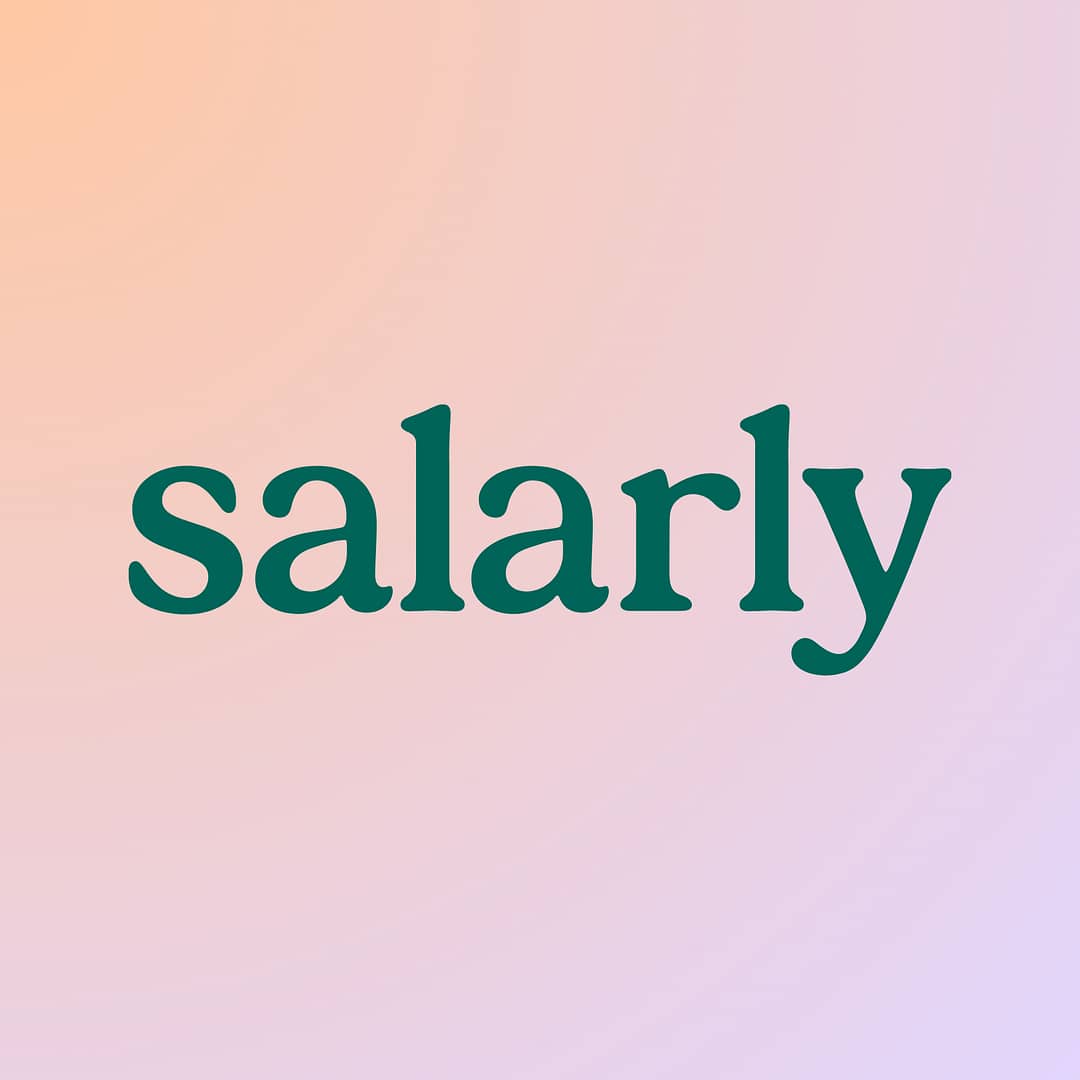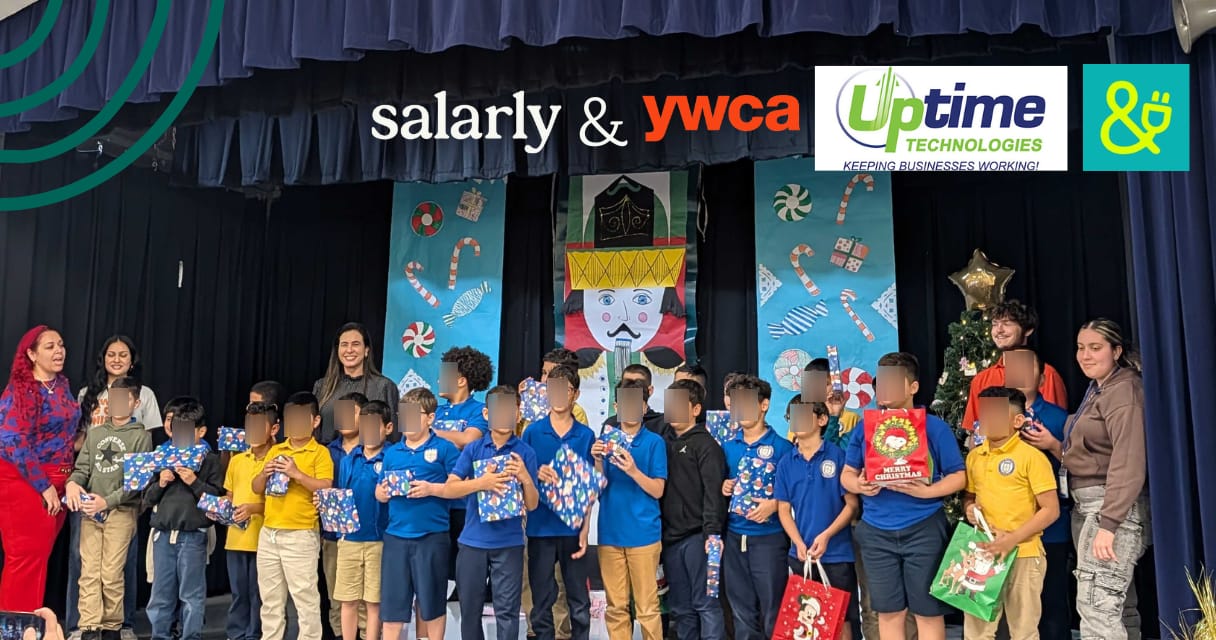Financial literacy is more than understanding numbers. It is about knowing how to make smart decisions with your money today so you can build stability and confidence for tomorrow. Whether you are saving for an emergency fund, working toward paying off debt, or planning for long-term goals, improving your financial literacy is one of the most powerful steps you can take.
Here are seven practical tips to help you strengthen your financial knowledge and take control of your financial future, emphasizing the importance of financial literacy.
1. Track Your Spending
Start by writing down where your money goes. Use a budgeting app, a spreadsheet, or even pen and paper. The goal is to see how much you spend on essentials, wants, and savings. Once you understand your habits, you can make adjustments that align with your goals, a key aspect of financial literacy.
2. Create a Simple Budget
A budget does not have to be complicated. Try the 50/30/20 rule:
- 50% of your income goes to needs like housing, utilities, and food.
- 30% goes to wants like dining out or subscriptions.
- 20% goes to savings or paying down debt.
This method provides structure while giving you flexibility, a fundamental part of being financially literate. Try it out here, using Salarly’s 50/ 30/ 20 calculator!
50/30/20 Budget Calculator
3. Build an Emergency Fund
Unexpected expenses happen, and having a safety net reduces stress. Aim to save at least three months of living expenses in a separate account. Even starting with a small goal, like $500, can give you peace of mind when life throws surprises your way, illustrating another aspect of financial literacy.
4. Understand Credit and Debt
Credit affects many aspects of your life, from renting an apartment to buying a car. Learn how your credit score is calculated and avoid relying too much on high-interest debt like credit cards. Paying on time, keeping balances low, and avoiding unnecessary borrowing are key habits for maintaining good credit, all part of being financially literate.
5. Start Saving for the Future Early
Time is your best friend when it comes to growing money. Whether it is saving for retirement or a long-term goal, starting early means you need less money overall because your savings have more time to grow. Even small contributions make a big difference over time, showcasing your financial literacy.
6. Learn to Compare Financial Products
Not all financial products are created equal. Before choosing a bank account, credit card, or loan, compare fees, interest rates, and repayment options. Reading the fine print and understanding terms helps you avoid unnecessary costs and is a component of sound financial literacy.
7. Keep Learning
Financial literacy is not a one-time lesson. Stay informed by reading trusted blogs, taking workshops, or following reliable financial education resources. The more you learn, the more confident and prepared you become to make financial choices.
How Salarly Can Help You Improve Your Financial Literacy
At Salarly, we believe financial literacy goes hand in hand with financial wellness. Our solutions are designed to give people fair and transparent access to credit while reducing stress about repayment. Payroll-linked loans are one of the options we offer, aligning repayment with employees’ paychecks so that managing money feels easier and more predictable.
In addition, we provide other forms of repayment solutions that support financial stability without adding extra costs to employers. By helping individuals avoid financial pitfalls and stay on track with their goals, we make financial literacy more actionable and practical in everyday life.
Why Financial Literacy Matters
Improving your financial literacy is not about being perfect. It is about building habits and gaining knowledge that give you confidence with your money. That being said, with small, consistent steps, you can reduce stress, avoid financial pitfalls, and focus on building a future that feels secure and achievable, all thanks to gaining greater financial literacy.
FAQs: Building Your Financial Literacy
What is the first step to improving financial literacy?
The first step is tracking your spending. Once you know where your money is going, you can begin budgeting and setting realistic goals.
How much should I keep in an emergency fund?
A good target is three to six months of living expenses. If that feels overwhelming, start small with $500 and build up over time.
Does financial literacy really affect credit scores?
Yes. Knowing how credit works helps you manage debt responsibly and make decisions that strengthen your score, like paying bills on time and keeping balances low.
Where can I learn more about financial literacy?
There are free resources available through government agencies, financial education nonprofits, and trusted blogs. Consistently seeking out new information is key to staying financially informed.











